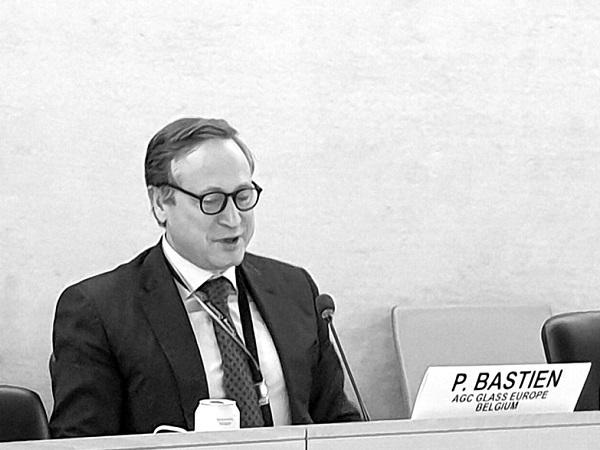
Date: 11 February 2022
His speech was a time travel which took participants back to 1990 and forward to 2050: from the last 30 years of flat glass industry evolution and to a future where a responsible and innovative flat glass industry takes up the sustainability challenge.
Flat glass is a strategic high-tech vital to the energy performance, safety, security and comfort of buildings and cars, and essential to produce solar energy. Through the centuries, flat glass keeps on meeting people’s and societies’ needs as they evolve towards greater energy and environmental conservation. “Today, flat glass is on track when it comes to sustainability”, said Mr. Bastien, “and we have tomorrow’s solutions ready too”. Flat glass is an irreplaceable material in buildings, providing daylight, offering views to the outside, ensuring comfort and well-being to occupants, and creating healthy indoor environments. “No other material provides such transparency, energy-efficiency, safety, and durability at an affordable cost in the construction industry.” he continued.
The flat glass sector is already providing net carbon-avoidance products and is looking into ways to massively scale up its contributions to the EU’s climate neutrality objective, including by developing novel ways to lower its industrial emissions. “We want to go much further and faster in slashing CO2 emissions as much as possible from flat glass manufacturing”, he said, “Many of our Glass for Europe member companies have taken very ambitious commitments.” The transition to a more sustainable and resilient industry in a climate-neutral future requires radical transformations. P. Bastien called on stakeholders of the flat glass ecosystem to join the work of Glass for Europe to construct this industry future together.
 600450
600450

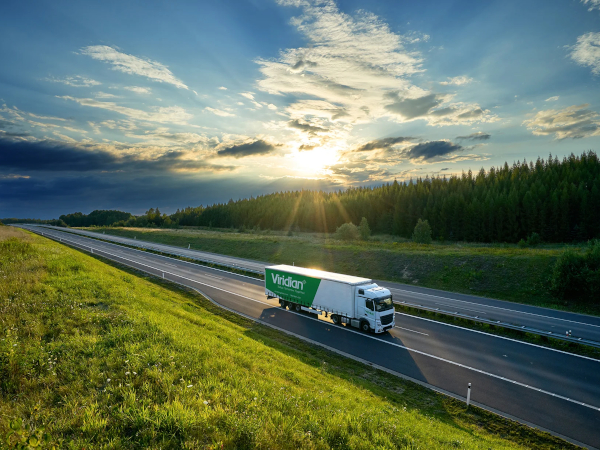



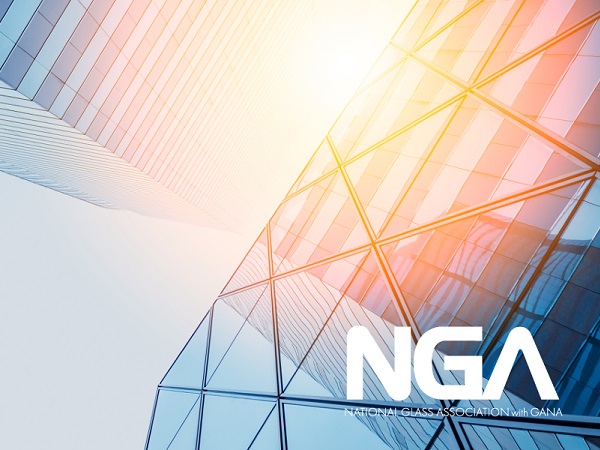
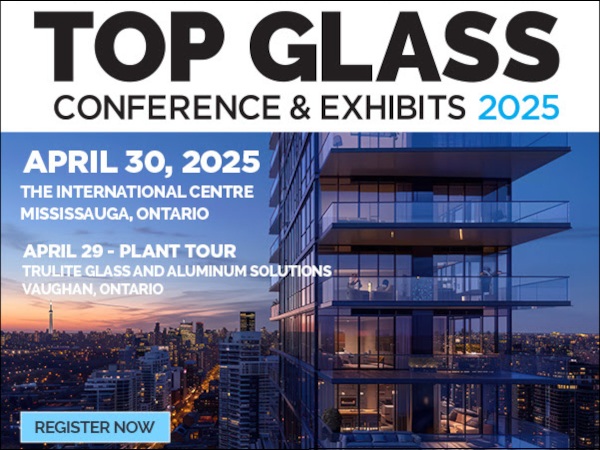







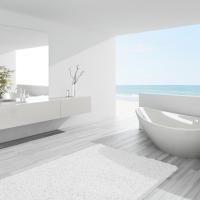
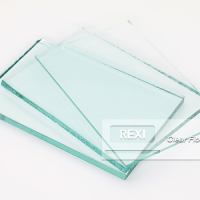
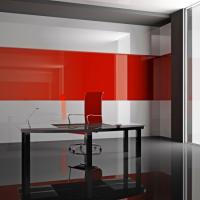
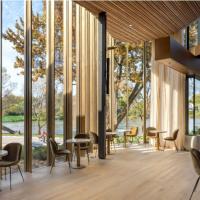
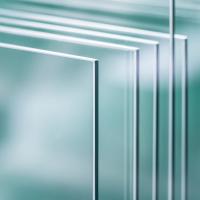

Add new comment